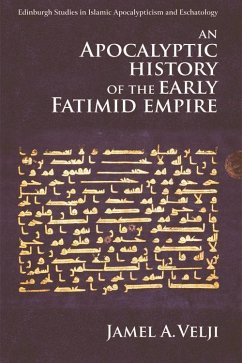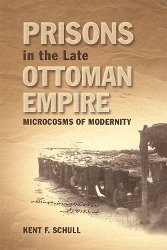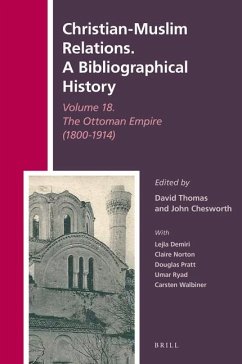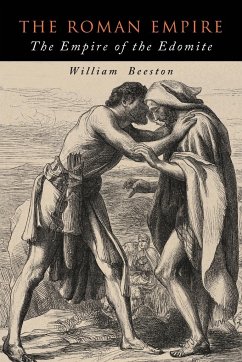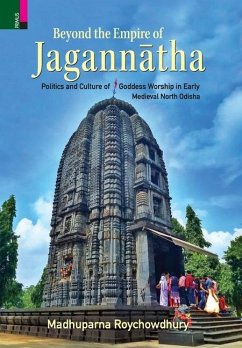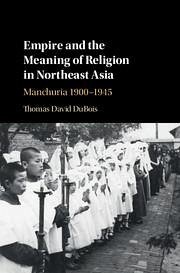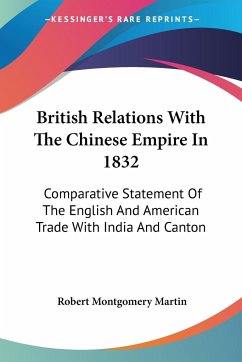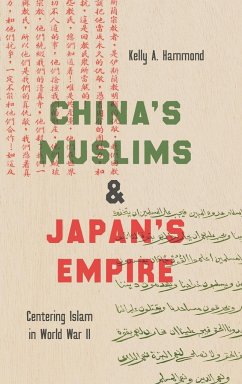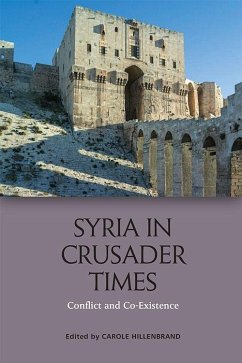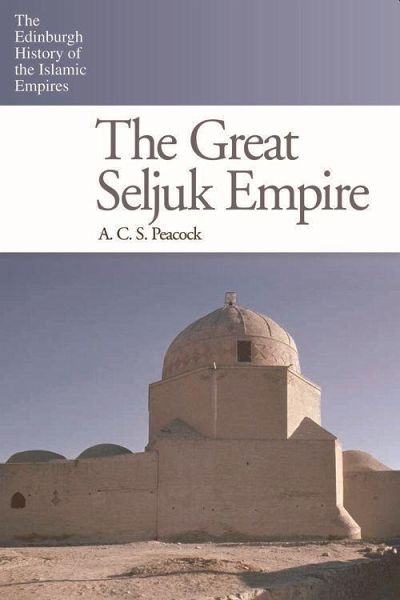
The Great Seljuk Empire
Versandkostenfrei!
Versandfertig in über 4 Wochen
136,99 €
inkl. MwSt.
Weitere Ausgaben:

PAYBACK Punkte
68 °P sammeln!
The Edinburgh History of the Islamic Empires Series Editor: Ian Richard Netton This major series covers the history of the Islamic world, from its origins in the 7th century to the fall of the last of the great Islamic empires, the Ottoman Empire, in the early 20th century. Combining scholarship, reliability and readability, books in the series reflect the fluctuating dynamics of change and present an overall unity to the history of the Empires. 'An elegantly and entertainingly written, painstakingly researched work that fills a glaring lacuna in the scholarly literature. Peacock's book is, qu...
The Edinburgh History of the Islamic Empires Series Editor: Ian Richard Netton This major series covers the history of the Islamic world, from its origins in the 7th century to the fall of the last of the great Islamic empires, the Ottoman Empire, in the early 20th century. Combining scholarship, reliability and readability, books in the series reflect the fluctuating dynamics of change and present an overall unity to the history of the Empires. 'An elegantly and entertainingly written, painstakingly researched work that fills a glaring lacuna in the scholarly literature. Peacock's book is, quite simply, the first ever to cover the entire Seljuq period, and the only available comprehensive overview of this critical era. It will no doubt become a standard work in the field.' Professor Deborah G. Tor, University of Notre Dame The Great Seljuk Empire was the Turkish state which dominated the Middle East and Central Asia in the eleventh and twelfth centuries. This book surveys that period, which was one of exceptional importance, witnessing profound demographic, religious, political and social changes in the Islamic Middle East. The Turkish invasions played a role in provoking the Crusades, led to the collapse of Byzantine power in Anatolia and brought about the beginnings of Turkish settlement in what is now Turkey and Iran, permanently altering their ethnic and linguistic composition. Key Features The first book in a western language to offer an overview of this major Islamic empire Provides a narrative history and a thematic analysis of the empire's institutions and aspects of life in the Seljuk world Examines the political, administrative, military, religious, economic and social organization of the Great Seljuk Empire using a wide variety of historical and literary sources Draws on the evidence of archaeology and material culture Illustrated with images, maps, charts, family trees Text boxes introduce key themes and institutions A.C.S.Peacock is Lecturer in Middle Eastern History at St Andrews University. Previous publications include Early Seljuq History: a new interpretation (London, 2010) and as co-editor (with Sara Nur Yildiz) The Seljuks of Anatolia: Court and Society in the Medieval Middle East (London, 2013).




